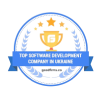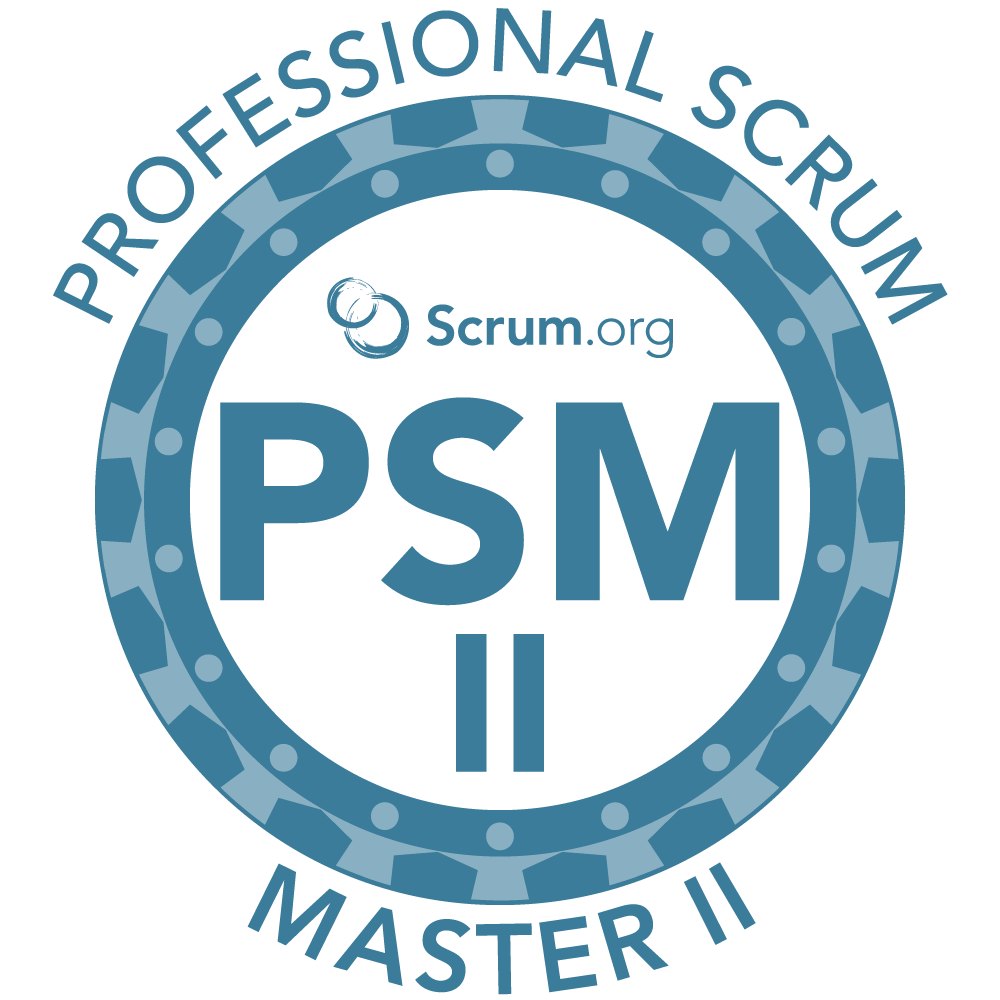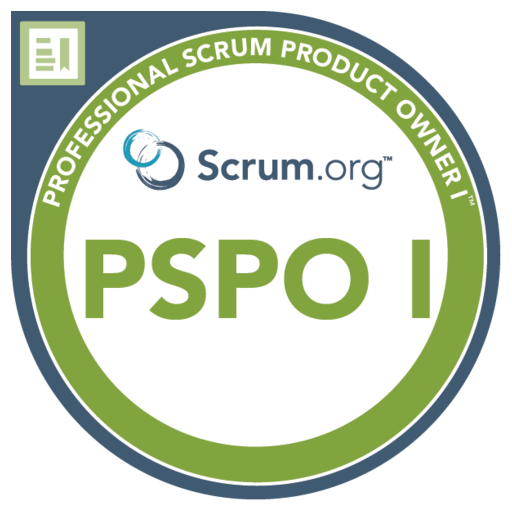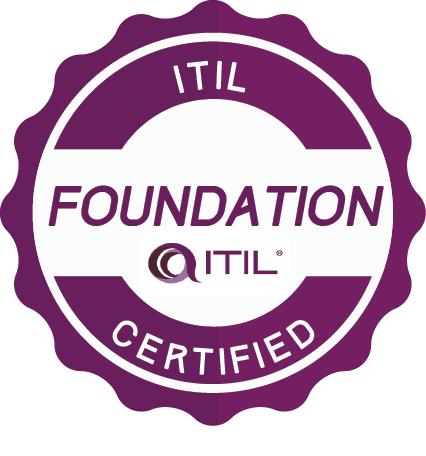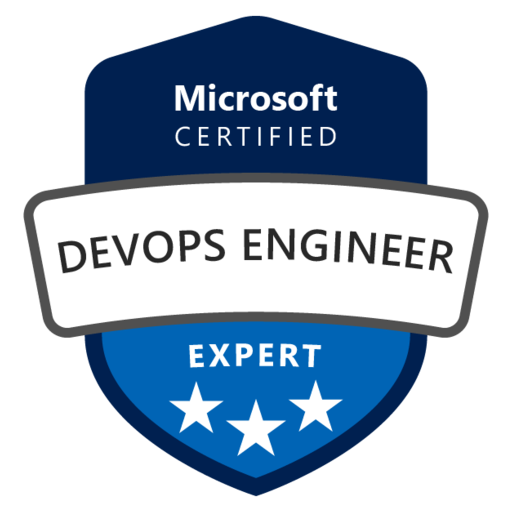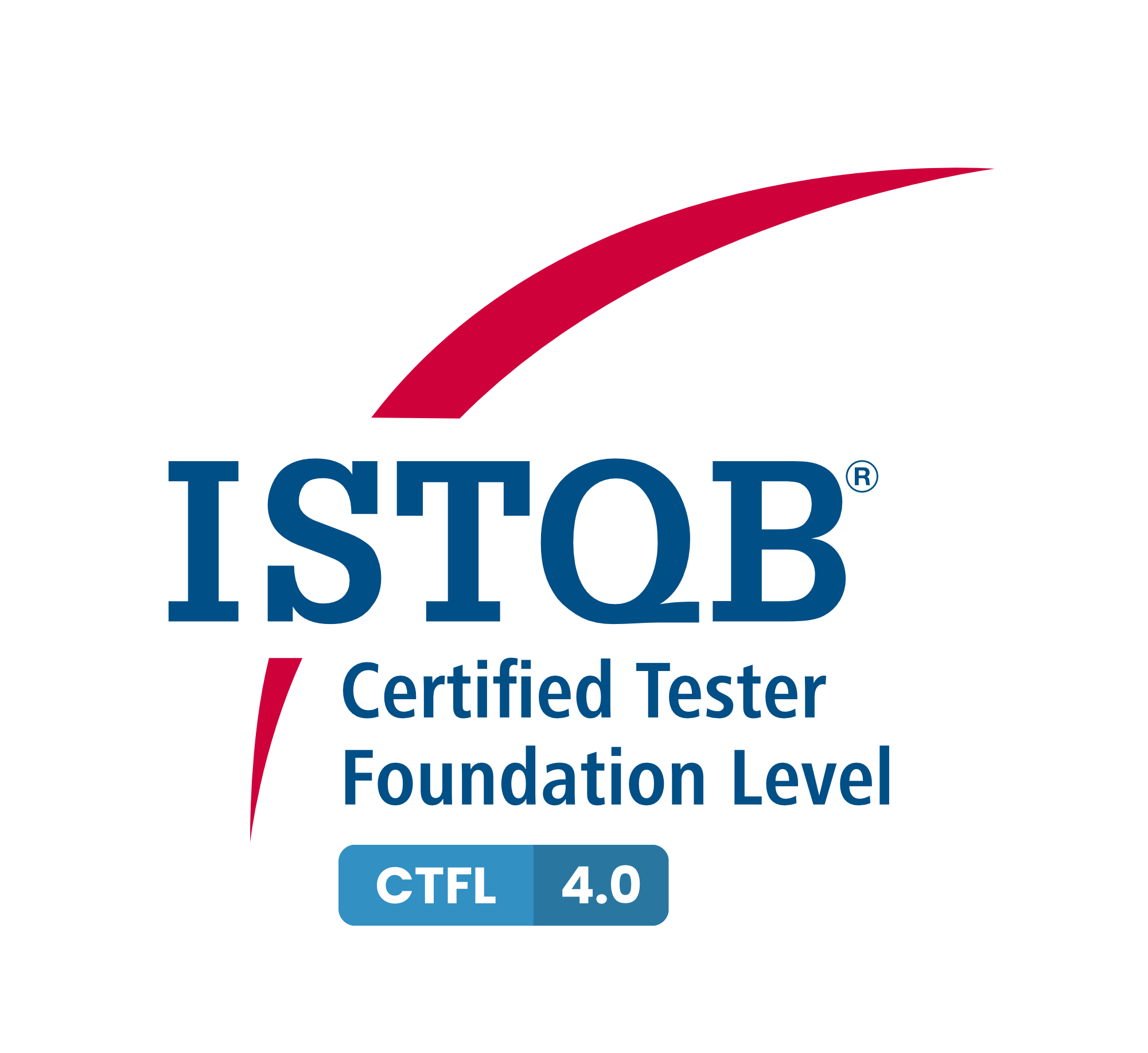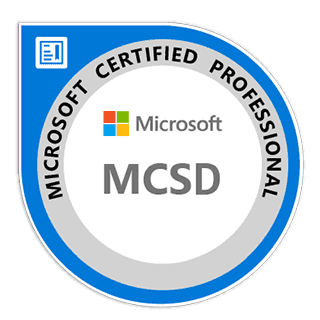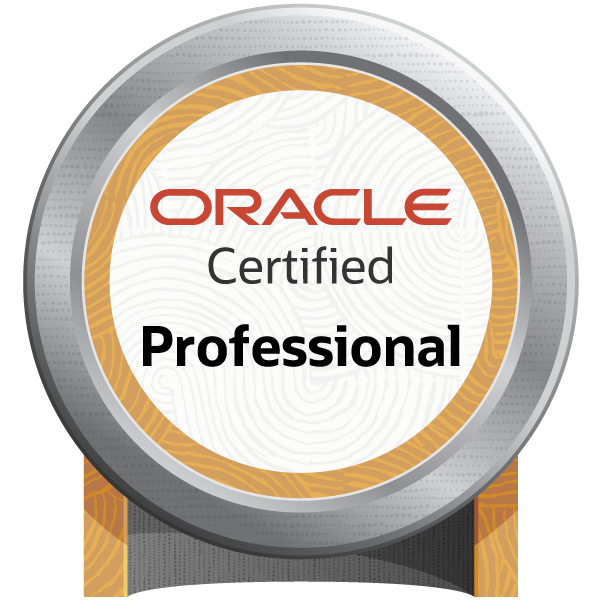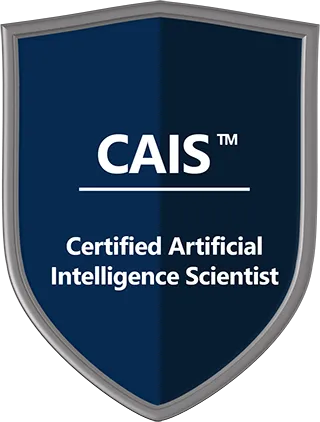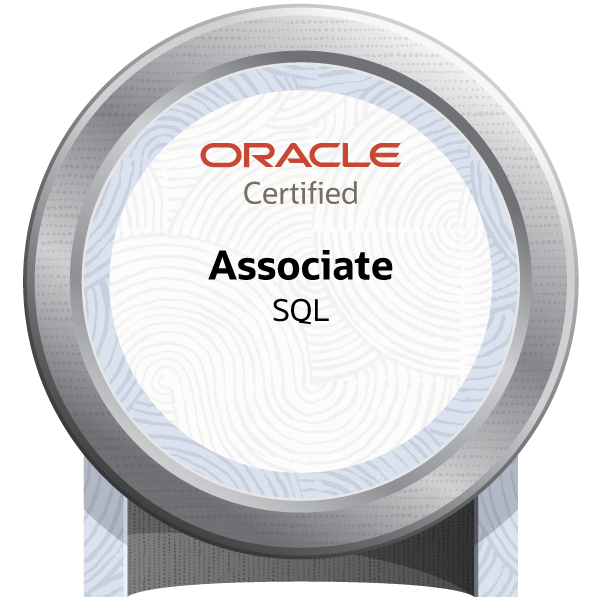Whether you’d like to get an extended conversational AI application like ChatGPT or another custom tool that will help your business leverage natural language processing, Devox can offer detailed consulting and a tailored solution. Be it a conversational AI chatbot service or a more scaled system, you can voice the requirements to us.

Natural Language Processing Application Development
What are Natural Language Processing Application and How Can they Help My Business?
Natural Language Processing (NLP) is a field of artificial intelligence that focuses on the interaction between computers and humans through the natural language. NLP applications, therefore, can maintain a dialogue: those are, for instance, well-renowned solutions like Bard or ChatGPT.
NLP as a concept enables computers to understand, interpret, and produce human language in a valuable way. Thanks to leveraging this new brand of artificial intelligence, machines can analyze, understand, and derive meaning from human language in a smart and useful manner.
Natural Language Processing Application Services We Provide
Natural language processing solutions work with texts in different ways: whether you need a text processing or translation solution, an enhanced search engine, or a customer service AI chatbot, Devox can work with your project. See what we can develop.
-
Custom NLP software development
-
Chatbots and Virtual Assistants
Devox can develop conversational agents that can understand and respond to user queries in natural language: these are AI chatbots for customer service that provide support, information retrieval, interaction capabilities, and facilitate transactions. Ideal for improving customer engagement, streamlining operations, and offering 24/7 support without the need for extensive human resources.
-
Text Analytics and Categorization
We can create applications that analyze text data from social media, reviews, customer feedback, and other sources, categorizing and tagging content based on its subject matter. You’ll determine sentiments, opinions, trends, and key themes, understanding your audience’s perceptions and responding to them quicker and better – along with improving content management.
-
Language Translation Applications
Building applications that can accurately translate text or spoken language from one language to another, facilitating global communication and content localization. Achieve accurate and context-aware translations, making them invaluable for global operations and breaking down language barriers, reaching a wider audience.
-
Semantic Search Engines
Creating advanced search systems that go beyond keyword matching to understand the intent and contextual meaning behind search queries. The combined potential of NLP and semantic technology allows search engines to deliver more relevant and precise results, improving user experience and information retrieval accuracy. Ideal for businesses aiming to enhance their data discovery, customer support, and content navigation capabilities.
Key Functionalities to Add to Your Custom Natural Language Processing Application System
Information Extraction and Summarization
Extract specific information like names, places, dates, and other relevant data from unstructured text, enabling efficient data processing and analysis. We’ll create tools that automatically generate concise summaries of long documents, articles, or reports, saving your staff’s time and making information consumption easier.
Content Categorization and Tagging
Automatically categorizing and tagging content based on its subject matter, improving content management, discoverability, and organization.
Natural Language Understanding (NLU)
This functionality allows applications to comprehend and interpret human language, including the intent behind texts or spoken words. It enables machines to understand queries, instructions, or any text input in a way that is meaningful, considering context, slang, idioms, and even errors in the input language.
Natural Language Generation (NLG)
NLG is the process by which computers generate narrative text from a dataset, providing the ability to articulate insights, summaries, or responses in a human-like manner. This functionality is crucial for report generation, automated content creation, and providing users with information in a concise and understandable format.
Named Entity Recognition (NER)
Identifying and classifying key elements in text into predefined categories, such as the names of persons, organizations, locations, expressions of times, quantities, monetary values, and percentages.
Benefits of Implementing Natural Language Processing Application
Natural language processing software development will transform your user experience and help you cater to your user better. Regardless of the exact solution, it can bring you several tangible advantages: see what those are.
-
Improve Customer Service
NLP-powered chatbots and virtual assistants can provide instant, 24/7 customer support, handling inquiries, solving problems, and even processing transactions without human intervention, increasing customer satisfaction and loyalty.
-
Streamline Content Creation
Automate content creation for reports, summaries, and even news articles, saving time and resources while maintaining the high-quality output of your media. Natural language processing will cater to your style and suggest relevant content ideas, bringing a fresh perspective while making it easier for your copywriting team.
-
Personalize Content on Advanced Level
Capture more diverse users and retain them like a pro: NLP can tailor content, recommendations, and marketing messages to individual users based on their preferences, behaviors, and interaction history. Watch your conversion rates grow without deepening into SEO nuances.
-
Analyze Sentiments Accurately
Understanding the nuances of human language lets NLP applications accurately gauge customer sentiment from text data. You’ll catch critical feedback on customer attitudes towards products, services, and brand overall swiftly, having a comprehensive picture of your business’ portrayal.
-
Language and Voice Processing
NLP enables the development of applications that support multiple languages and dialects, breaking down communication barriers and expanding market reach. Voice-activated systems also offer an intuitive way for users to interact with technology.
-
Leverage Intelligent Search Functions
Improve user experience and information retrieval efficiency: semantic search capabilities powered by NLP understand the context and intent behind search queries, providing more accurate and relevant search results, providing user with smoother online experience.

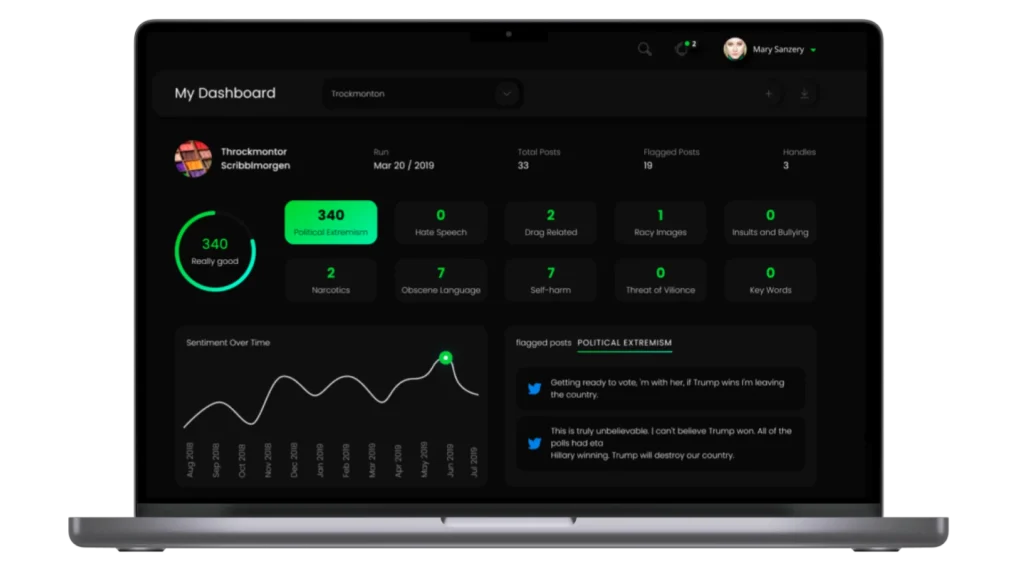
Social Media Screening Platform
The project is a web-based AI-powered platform for comprehensive social media background screening. Its supertask is to streamline potential employee background checks for companies, tackling employment risk management.
Additional Info
- .NET Core
- Angular
- Azure
- Docker
- GitLab CI/CD
- Selenium Web Driver
USA

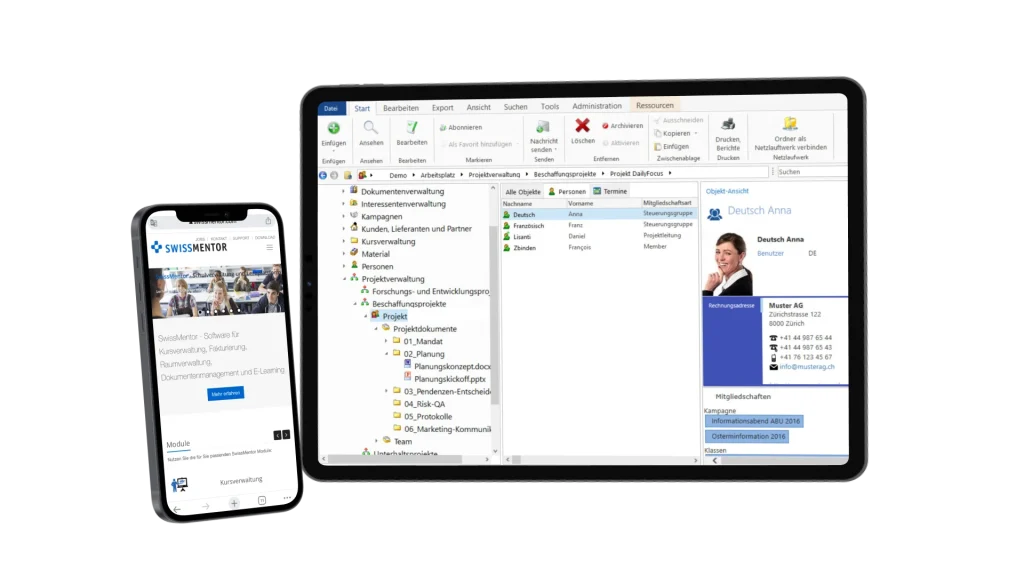
Comprehensive Learning Management System
SwissMentor is a learning management system (LMS). It’s the software for managing all sides of the educational process: the main features include course management, invoicing, room management, document management, and e-learning.
Additional Info
- .NET Core
- PostgreSQL
- Angular
- Docker
- Kubernetes
- Azure
- SCORM
Switzerland

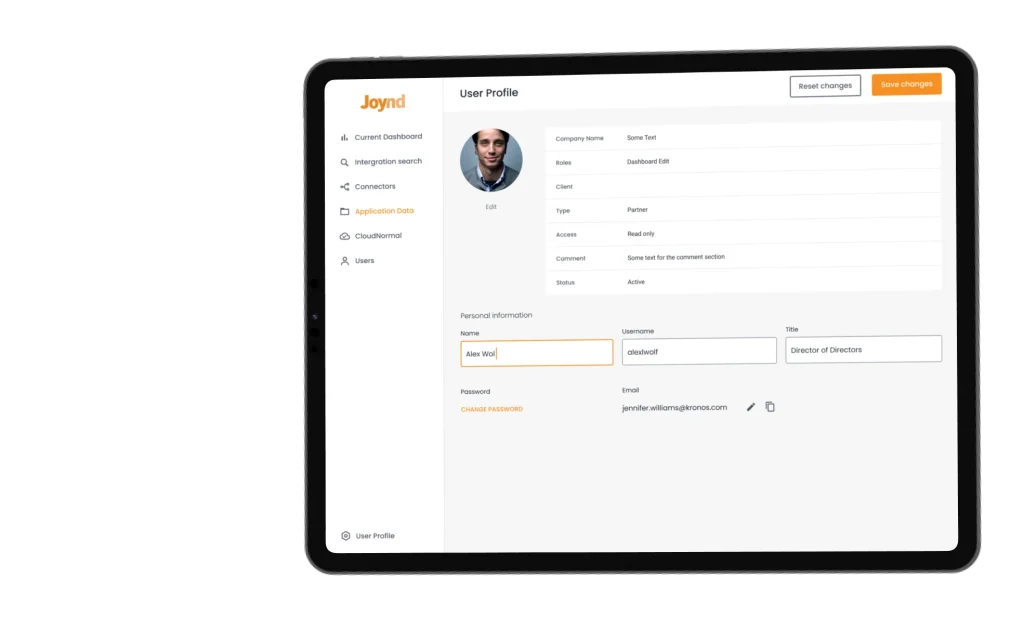
Streamlining HR tools for efficiency
Joynd is a system that integrates different HR tools into one platform, allowing client companies to leverage the potential of different software within a single platform. The software connects companies who wish to use HR software from one side and such technical providers from the other side. It allows for a quick and effective integration with multiple suppliers.
Additional Info
- Angular
- NgRx
- RxJS
- Tailwind CSS
- .NET Core
- PostgreSQL
- AWS
- Docker
USA
and over 200 our featured partners and clients
Industry Contribution Awards & Certifications
Check Devox Software Awards on rating & review platforms among top software development companies and Certifications our team members holds.
- Awards
- Certifications
Testimonials
FAQ
-
How has NLP development evolved in recent years?
Recent developments in NLP have been driven by advances in machine learning and deep learning, particularly with the introduction of transformer models like BERT and GPT. These models have significantly improved the understanding and generation of natural language by computers, enabling more complex and nuanced interactions.
There’s been a shift towards models that can learn from fewer examples, adapt to different languages more easily, and process information in a more context-aware manner, enhancing the applicability of NLP across various domains and languages.
-
Can NLP applications adapt to industry-specific jargon?
Yes, NLP applications can be tailored to understand and process industry-specific jargon by training on specialized datasets containing domain-specific language and terminology. This training enables the applications to recognize and interpret the unique vocabulary and expressions used in industries such as legal, medical, or technical fields. Developers often collaborate with domain experts to curate and annotate these datasets, ensuring the models accurately reflect the language and nuances of the specific industry.
-
What programming languages are commonly used in NLP application development?
Thanks to its simplicity and the extensive availability of libraries such as NLTK, spaCy, and TensorFlow, Python stays the most popular programming language for NLP application development. However, natural language processing with Python solutions is not the only way to make such an application, and developers also use other languages like Java and R, especially in enterprise environments: Java offers robustness and scalability for large-scale NLP systems, while R is favored for statistical analysis and data visualization in research contexts. The language choice is made based on the specific needs of the project, including performance requirements, existing infrastructure, and developer expertise.
-
How do NLP applications interact with users in real-time?
NLP applications interact with users through chatbots, virtual assistants, and voice-activated systems. These systems use natural language understanding (NLU) to comprehend user queries and intents and natural language generation (NLG) to create responses that mimic human conversation. Real-time processing is facilitated by advanced algorithms and cloud computing, allowing for scalable and efficient user interactions. This enables applications to provide instant feedback, answer questions, and perform tasks based on user commands, creating a seamless and intuitive user experience.
-
What are the main challenges in developing NLP applications?
Developing applications for natural language processing services involves challenges such as understanding context and ambiguity in language, handling diverse languages and dialects, and ensuring privacy and ethical use of data. Context and ambiguity require sophisticated models that can discern subtle nuances in language. Supporting multiple languages and dialects demands extensive datasets and sometimes language-specific models.
Additionally, developers must navigate data privacy laws and ethical considerations, especially when processing sensitive or personal information, ensuring transparency and user control over their data.
-
How do NLP applications ensure accuracy in language translation?
NLP applications improve language translation accuracy by using neural machine translation (NMT) models that leverage deep learning to understand the context and semantics of the source and target languages. These models are trained on large corpora of bilingual text data, enabling them to capture idiomatic expressions and subtle linguistic nuances. Continuous learning from new data and user feedback helps refine these models over time. Moreover, some applications incorporate human-in-the-loop processes to verify and correct translations, ensuring high levels of accuracy.
-
What future developments are expected in NLP technology?
Future developments in NLP technology are anticipated to focus on improving model efficiency, expanding multilingual support, enhancing understanding of context and nuance, and advancing ethical AI practices.
There is ongoing research into making models more lightweight and efficient without sacrificing performance, enabling their deployment on a wider range of devices. Efforts to create models that can seamlessly handle multiple languages simultaneously are expected to break down language barriers further. Additionally, there is a strong focus on developing models that better grasp context, irony, and humor in text.
Ethical AI practices will also be a key consideration, ensuring that NLP technologies are developed and used responsibly, emphasizing privacy, fairness, and transparency.
Schedule a Meeting to Discuss Your Goals
Well contact you within a couple of hours to schedule a meeting to discuss your goals.
Let's discuss your project!
Share the details of your project – like scope or business challenges. Our team will carefully study them and then we’ll figure out the next move together.
Thank You for Contacting Us!
We appreciate you reaching out. Your message has been received, and a member of our team will get back to you within 24 hours.
In the meantime, feel free to follow our social.

























